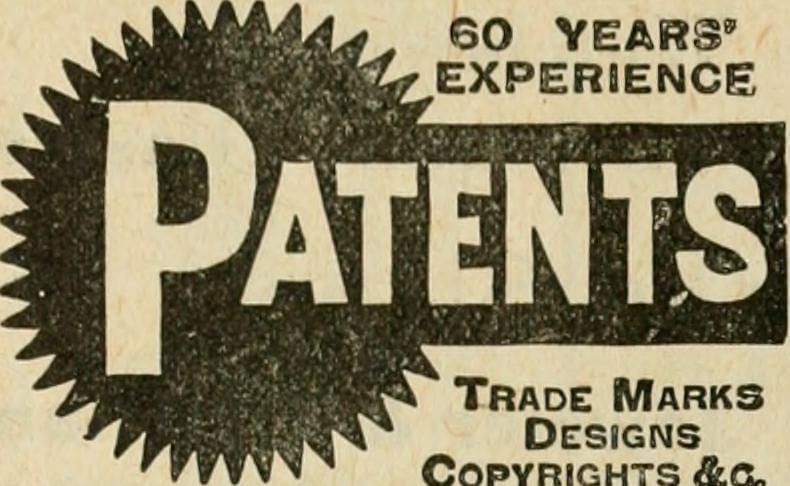


Artificial Intelligence in 4G and 5G Systems
March 21, 2019


Cloud to Cable – Second Patent Allowed
September 5, 2019What is an IPR?
IPR is an intellectual property process called “Inter-Parties Review” or IPR. This process includes a “Petitioner,” a company filing a petition, and a “Patent Owner” that owns a disputed patent.
The “Petitioner” files this petition because it believes a “Patent Owner” (PO) owns an invalid patent, and decides to challenge its validity, not as part of a jury trial, but in front of the “Patent Trial and Appeals Board” (PTAB). The PTAB was created as part of American Invents Act (AIA), but has suffered numerous criticisms from patent owners as it is been known to kill many patents usually in favor of petitioners. However, recent statistics indicate that:
Out of 4,139 decisions made by the PTAB, 2,512 (61%) didn’t touch a single challenged claim. 9
The IPR process can be filed, in some cases with evidence using other patents and prior-art, that Petitioner seems to think invalidates the claims in a patent.
Many inventors face challenges and criticize that some reviews are overly broad and many times, PTAB’s judges extend greatly sometimes with not sufficient clarity of how broad a claim is interpreted, and some may dare to say that this is still an unpredictable outcome.
After filing a petition, this process may take a total of 12 months to complete. First a Petitioner files a brief or what’s called “Petition” that contains the patent to be be invalidated and an expert declaration made by a Person of Ordinary Skill in the Arts (POSA).
The grounds for the petition filed by a “Petitioner” must be based under 35 U.S.C. §§ 102 or 103.
The USPTO presents the following timeline from filing to other steps.
How can I help you as an Expert?
You will definitely need an expert witness to assist you in filing and filing a reply brief. I can help you drafting a declaration and review what is being filed with assistance of your patent attorneys.
if you are a petitioner filing, you will need an expert declaration that is attached to your petition, if you are a “Patent Owner” your response must also include an Expert Witness declaration.
The expert declaration will include technical background on why the prior-art covers the patent being challenged or doesn’t cover it, if you are the patent owner.
As a Patent Owner (PO), you may receive a notification that a petition is file and a reply is due at a certain date. You will then have two options:
- First, respond in great detail with your best arguments and obtain a denial of the IPR being instituted,
- or Second, respond superficially and don’t disclose all your arguments and let the IPR be instituted, then file a declaration and obligate petitioner to disclose all their arguments.
Once petitioner has disclose all these arguments, those cannot be changed. In fact, there could be estoppel consequences in US Federal court if a case is in trial, for those cases you may contact your patent attorney.
In general, the challenges filed by a Petitioner in an IPR trial, are very similar to what you will find in “Invalidity Contentions” or an Invalidity Report in an infringement matter.
Personally, I have assisted Citrix, Multimedia Content Management, LLC, and others in their IPR proceedings. I am an experience expert and can assist you in other patent matters.
Usually, I will work together with your patent attorney, Your patent attorney will will draft the response, attach my declaration, and other exhibits that supplement that declaration that ultimately give a strong foundations to the technical arguments that are being disputed.
These arguments need to be carefully crafted to ensure prior matters, including other claim constructions or invalidity contentions are sound and not contradicting with each other. I as a witness may also be deposed by the Petitioner or the Patent Owner.
Feel free to reach me and I will help you with your needs.
751 Park of Commerce Dr. Suite 128,
Boca Raton, FL, 33487 561.306.4996
edwin@edwinhernandez.com
What to write in a declaration?
The declaration must be able to detect offensive and defensive arguments. Offensive is that a POSA would have known how to combine a patent or use prior-art available to re-create the invention.
Defensively, you must know exactly if there are missing components and whether nor not a POSA would have been inclined to combine what a petitioner argues. Many times, there are words chosen or similar capabilities are forced by a petitioner to make their arguments infant of the PTAB board.
My declaration will have as a final objective:
- Teach the PTAB board, how far-fetched a Petitioner arguments may be, can they be combined, are disclosures sufficient and how similar,
- Teach the PTAB board how close Petitioner or a POSA would combine art and generate the patent claim, meaning is that claim disclosed in one or several combinations of prior art?
In general, my job as an expert is to sit the foundation that your attorney will use to craft legal arguments and persuade a positive outcome to your case.
If you need an Expert for IPR, contact me!
If my area of expertise is not sufficient, or I may be busy in other cases I can find you the right person for the job, contact me asap to study your case and what options you may have.
Declaration Cost
An expert may cost between $375 to $575 per hour with retainers ranging from $5,000 to $10,000. Additional fees for depositions or additional declarations. Contact me for pricing and what kind of arrangement can I make for you.







